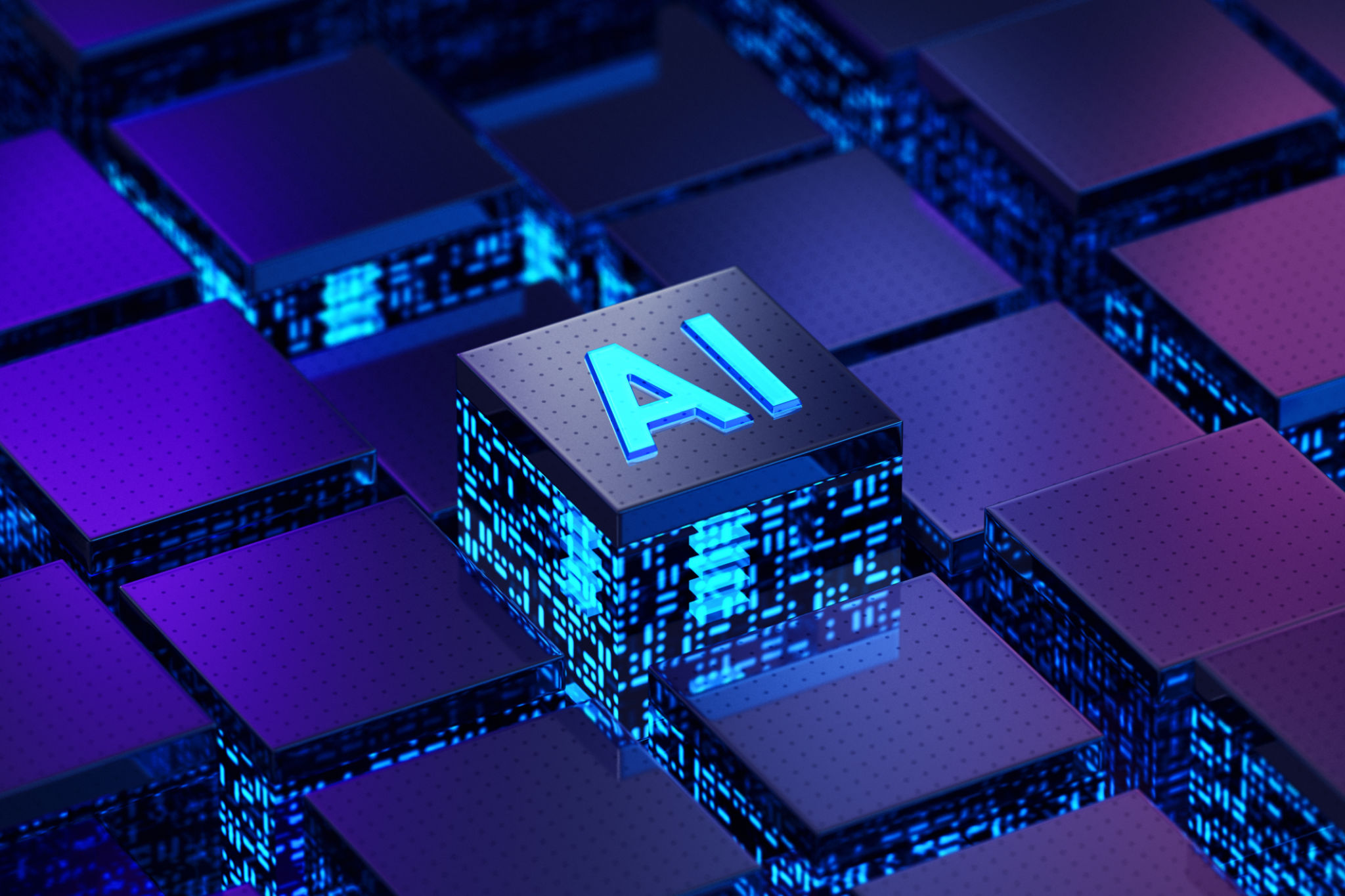How AI is Revolutionizing the Aviation and Logistics Industries
Introduction to AI in Aviation and Logistics
The integration of Artificial Intelligence (AI) into the aviation and logistics industries is transforming operations, enhancing efficiency, and improving customer experiences. By leveraging AI technologies, these sectors are witnessing a significant shift in how they function, leading to more streamlined processes and smarter decision-making.
AI applications are helping airlines and logistics companies tackle complex challenges, optimize routes, and ensure timely deliveries. These advancements are not only driving down operational costs but are also contributing to a more sustainable future.

AI in Aviation: Enhancing Efficiency and Safety
Predictive Maintenance
One of the most impactful uses of AI in aviation is predictive maintenance. By analyzing vast amounts of data from aircraft sensors, AI systems can predict potential mechanical failures before they occur. This proactive approach helps reduce downtime, decreases maintenance costs, and enhances safety.
Optimized Flight Operations
AI is also revolutionizing flight operations by optimizing routes and fuel consumption. Algorithms can analyze weather conditions, air traffic, and other variables to suggest the most efficient routes, thereby saving fuel and reducing carbon emissions. This not only benefits airlines financially but also promotes environmental sustainability.

AI in Logistics: Streamlining Processes
Route Optimization
In the logistics sector, AI is being utilized to optimize delivery routes. By analyzing traffic patterns, weather conditions, and delivery windows, AI can determine the most efficient routes for transportation. This results in faster deliveries and reduced fuel consumption.
Warehouse Automation
AI-powered automation in warehouses is transforming logistics operations. From robotic sorting systems to inventory management, AI technologies are streamlining processes, reducing manual errors, and enhancing productivity. This automation ensures that goods are moved quickly and efficiently through the supply chain.

The Role of AI in Customer Experience
AI is playing a crucial role in improving customer experiences within the aviation and logistics industries. For airlines, AI-based chatbots provide personalized customer service, handling inquiries and bookings with ease. In logistics, AI systems offer real-time tracking information, keeping customers informed about their shipments.
Moreover, AI can analyze customer data to offer personalized recommendations and services, enhancing customer satisfaction and loyalty.
Challenges and Future Prospects
Despite the numerous benefits, integrating AI into aviation and logistics comes with its challenges. Data privacy concerns, the need for significant investment in technology, and the requirement for skilled personnel to manage AI systems are some of the hurdles that companies face.
However, as AI technology continues to evolve, the potential benefits far outweigh these challenges. The future of AI in aviation and logistics looks promising, with ongoing innovations set to further revolutionize these industries.

Conclusion
The adoption of AI in aviation and logistics is not just a trend but a necessity for future growth and sustainability. Its ability to enhance efficiency, safety, and customer experience positions AI as a pivotal force in transforming these industries. As we look ahead, continued investment in AI technologies will be crucial for companies seeking to stay competitive and meet the ever-evolving demands of their customers.